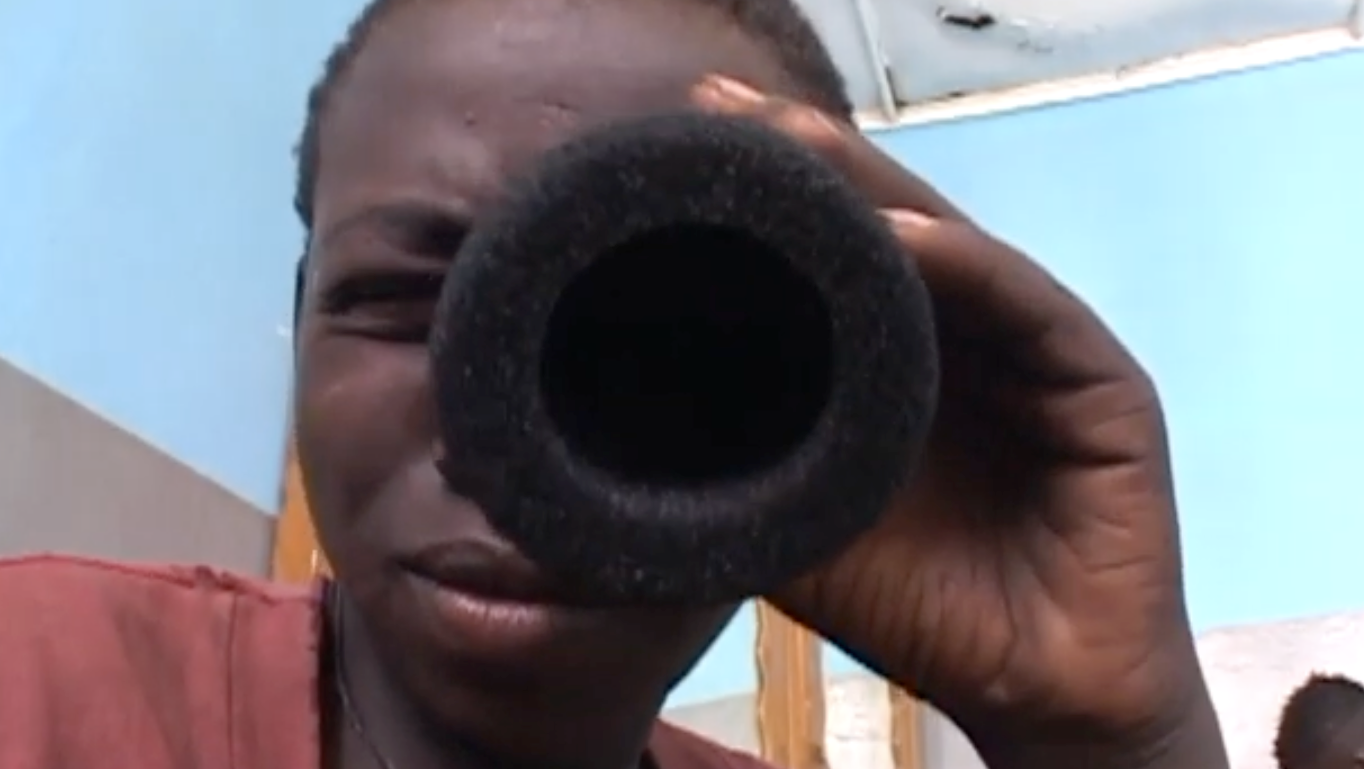Films on Ethiopia by Itsushi Kawase
The More and Romsdal Art Center is proud to present the films by the Japanese filmmaker Dr. Itsushi Kawase from 8.-15. November.

Itsushi Kawase is a filmmaker and anthropologist born in Gifu, Japan. In 2001, he initiated the long-term anthropological research on hereditary singers known as Azmari and Lalibala in northern Ethiopia. He has produced several documentary films, including ‘When Spirits Ride Their Horses’(2012), the award-winning ‘Room 11, Ethiopia Hotel’ (2007) and published articles on the social roles and performances of these singers in transition. He has also investigated the prospects and challenges of imparting anthropological knowledge by actively communicating on-screen, and occasionally, debating with people through his films.
He is a Professor at the National Museum of Ethnology/Graduate University for Advanced Studies in Japan. He combines his wide-ranging expertise in ethnographic filmmaking, poetry, fictional writing and performance to an engaged scholarly activities.He has taught as a visitor at the University of Hamburg, University of Bremen, SoundImageCulture(SIC) in Belgium, Addis Ababa University in Ethiopia, Northwest University for Nationalities in China, etc. Since 2019, he has been co-editing the multimodal journal TRAJECTORIA.
The following films will be shown at MRK:
Azmari-The Fest of Voices (2022)
Azmari, who play the one-stringed fiddle called masenqo, are hereditary musical professionals who have made music their livelihood in the communities of the Ethiopian highlands since ancient times. Azmari simultaneously serve as a resistance against the rulers and as representative voices of the people for social and political satire and debate through songs. The performances by Azmari are characterized by the improvisation of poetry, not only by the singer but by the audience, who improvise and throw their own poems at the singer. This film follows the performance of Solomon Ayanaw, an Azmari working in Addis Ababa, and the audience. One single shot tries to capture songs by Solomon that serve as a mirror, reflecting the social situation and feelings of the locals in Addis Ababa.
Room 11, Ethiopia Hotel (2007)
This film aims to capture a sense of the lives of children living on the street in Gondar, Ethiopia, by witnessing the interaction between two children and the filmmaker/anthropologist. Although it is about the children’s lives on the streets, the entire film was shot in the filmmaker’s room in the Ethiopia Hotel. This limited space allows the film to focus on communication between the subjects and the filmmaker and to reveal some of the ideas that enable them to endure and survive on the streets.
When Spirits Ride Their Horses (2012)
Zar is the possession cult widely spread in the Horn of Africa and the Middle East. In Gondar, the possessed body of the Zar spirit medium is referred to as YäZar Färäs ‘the horse of Zar’. In this rhetoric, spirit possession can be understood as the spirit riding the body of the spirit medium.
Participants of Zar are described as amamaqi (literally meaning ‘the one who warms up the space’) or anqasaqaš
(‘the one who shakes and wakes you up’), while the body of the medium,through which the spirit departs, is described with a word that best matches ‘coldness’. The ceremonial space must be ‘warmed up’ by the dance, music, and various kinds of smells, such as those of incense, roasted coffee beans, and perfumes, to awaken the spirit’s power.
Spirit possession takes on almost sensuous overtones. The film portrays one woman in Gondar who devotes her life to Zar spirits and explore the sensory quality of the interaction between her, participants of the ceremony and various spirits including Seyfou Tchengar, who is said to be one of the most powerful spirits in the
region. The film also explores the syncretic aspects of the ceremony through showing the interplay of religions in a multiphonic scape.